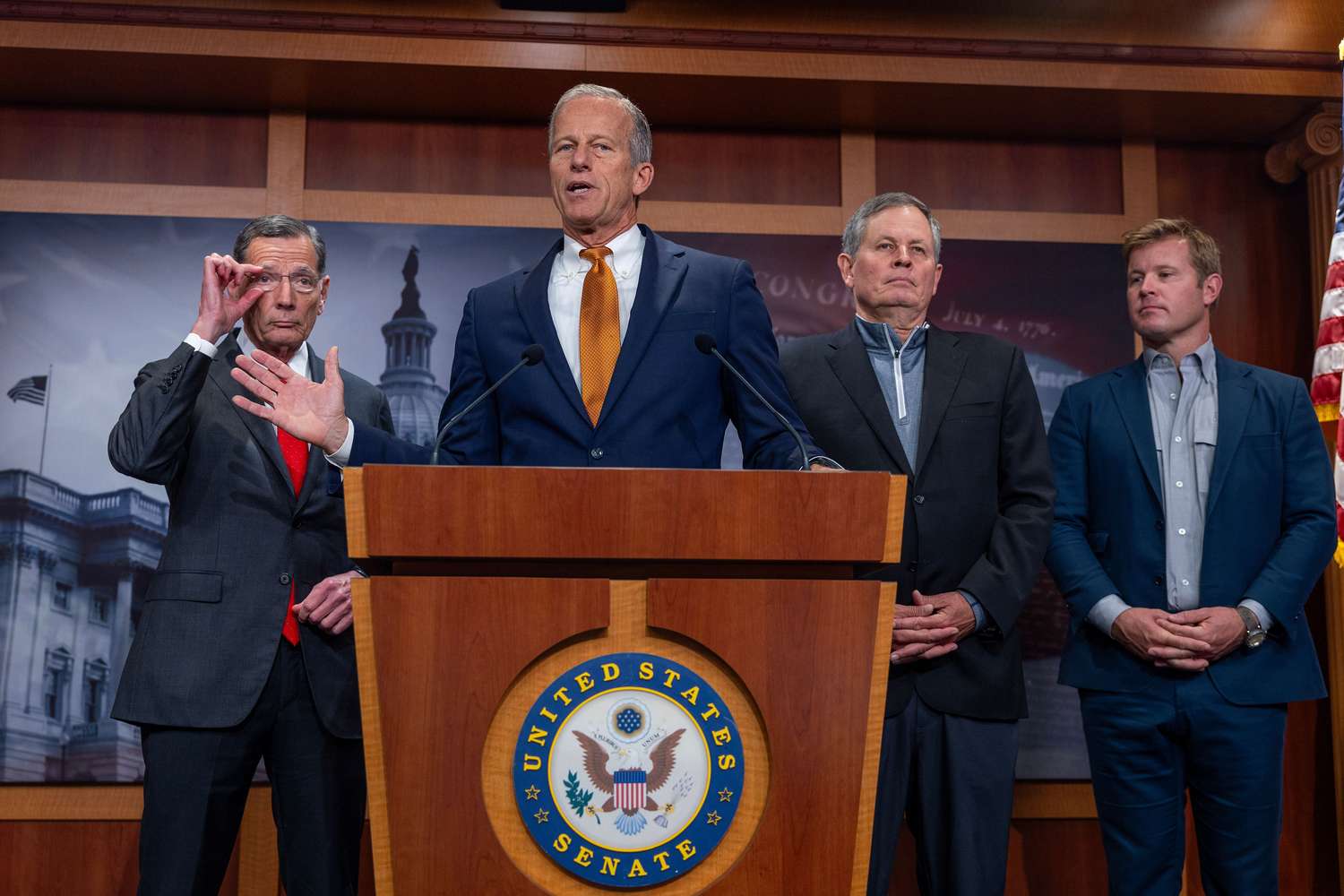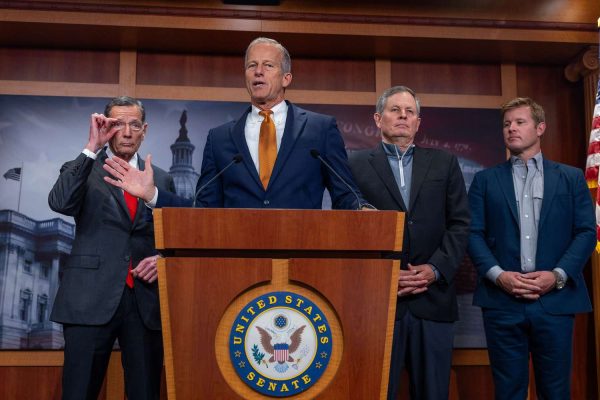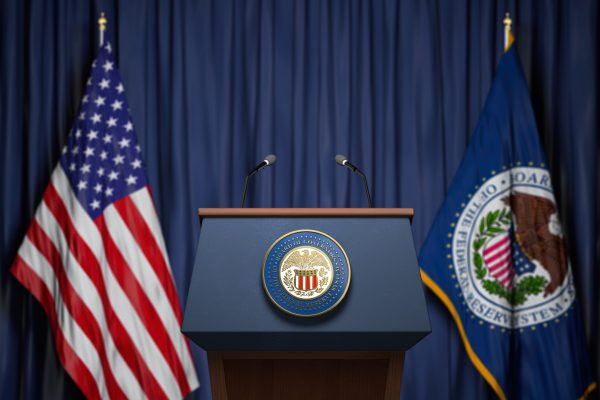Contents
- 1 The Wall Street Invasion Goes Global, and It’s Powered by a Blockchain
- 2 So, What in the World is This Alliance, Really?
- 3 Why Your Grandpa’s Bond Market is Having a Mid-Life Crisis
- 4 The Tokenization Tidal Wave is Here
- 5 From New York to Hong Kong: A Truly Global Play
- 6 The Roadblocks: It’s Not All Sunshine and Digital Roses
- 7 The Big Picture: A Financial System Remix
The Wall Street Invasion Goes Global, and It’s Powered by a Blockchain
Let’s be honest, the world of high finance can feel like an exclusive party. You know the one—it’s in a swanky skyscraper, the bouncers are wearing suits worth more than your car, and the guest list is a closely guarded secret. For decades, if you weren’t a massive institution, a sovereign wealth fund, or a billionaire with a direct line to a prime broker, you weren’t getting in. The most interesting, and often most stable, financial instruments were kept under lock and key.
Well, someone just pulled the fire alarm and propped the door wide open.
Ondo Finance, a major player in the real-world asset (RWA) tokenization space, just launched its Global Markets Alliance. This isn’t just another corporate partnership announcement that gets lost in the news cycle. This is a direct and calculated assault on the old guard. They’re essentially building a coalition of the willing to systematically dismantle the barriers to the world’s capital markets.
And they’re doing it by bringing everything on-chain.
So, What in the World is This Alliance, Really?
If you zone out at terms like “blockchain” and “tokenization,” stick with me for a second. This is simpler than it sounds.
Imagine you want to buy a piece of a U.S. Treasury bond. Traditionally, that’s a process involving layers of middlemen, international banking wires, and enough paperwork to deforest a small country. It’s slow, expensive, and often has a high minimum investment, making it impractical for the average person or even a smaller-scale investor.
Tokenization cuts through that noise. It takes a real-world asset—like that Treasury bond, a piece of real estate, or a loan—and creates a digital representation of it on a blockchain. This digital version, or token, can then be bought, sold, and held just like a cryptocurrency, but its value is tied to the real asset.
Ondo Finance has already been a pioneer here, offering tokenized versions of U.S. Treasuries and money market funds that have attracted billions in investment.
The new Global Markets Alliance is the next logical, and utterly ambitious, step. It’s a formal network of major financial institutions, traditional banks, and tech firms all agreeing to play nice in the on-chain sandbox. The founding members are a who’s who of serious players, including heavyweights like Morganland, a digital asset custodian, and a growing list of global banks.
Their mission? To standardize, streamline, and massively scale the process of bringing real-world assets onto the blockchain. They’re not just focusing on U.S. assets anymore; they’re setting their sights on the entire globe.
Why Your Grandpa’s Bond Market is Having a Mid-Life Crisis
To understand why this is a big deal, you need to understand the sheer, staggering inefficiency of the current system. The global capital markets are a masterpiece of legacy systems—if your idea of a masterpiece is a Rube Goldberg machine made of fax machines and COBOL code.
Settling a cross-border transaction can take days. The number of intermediaries—custodians, transfer agents, brokers—takes a bite out of every single trade. The system is plagued by opacity, delays, and a cost structure that ultimately gets passed down to the end investor.
Now, enter blockchain. A shared, immutable ledger that updates in near real-time. It doesn’t need to sleep, take weekends off, or wait for a bank in another time zone to open. Smart contracts—self-executing code—can automate compliance and payments, slashing administrative overhead.
Ondo’s Alliance is betting that by getting all these major institutions to agree on common standards and technologies, they can create a new, parallel financial infrastructure. One that is open, accessible 24/7, and radically more efficient.
It’s the difference between sending a letter via international post and sending an email. Both can deliver the message, but one is laughably faster, cheaper, and more reliable.
The Tokenization Tidal Wave is Here
Let’s not pretend Ondo is operating in a vacuum. They’re riding a wave that’s turning into a tsunami.
BlackRock, the world’s largest asset manager, launched its first tokenized fund, BUIDL, on a public blockchain. Giants like Citi and Franklin Templeton are running their own extensive experiments. The Boston Consulting Group predicts the tokenized asset market could balloon to a $16 trillion business by 2030.
That’s not a typo. Trillion with a ‘T’.
This isn’t a niche crypto trend anymore; it’s the sound of the entire financial industry pivoting. The old system is creaking under its own weight, and the smart money is building the replacement.
The genius of Ondo’s Alliance move is that they’re creating the framework to make this tidal wave manageable and, more importantly, usable. Everyone knows tokenization is the future, but nobody wants ten different, incompatible versions of that future. By forming a coalition to establish best practices, they’re positioning themselves as the de facto standard-setters.
They’re building the rails, and they’re inviting everyone to build the stations on them.
From New York to Hong Kong: A Truly Global Play
The “Global” in Global Markets Alliance is the real kicker. Ondo’s initial success was largely with U.S. dollar-denominated assets. Safe, reliable, and incredibly popular. But the world is a much bigger place.
This alliance is explicitly designed to expand access to a far wider range of markets. We’re talking about tokenized versions of European government bonds, Asian infrastructure debt, and Latin American corporate loans.
Think about what this means for a saver in, say, Nigeria or Vietnam. Previously, gaining exposure to a diversified portfolio of global assets was a logistical and regulatory nightmare. Now, with a smartphone and an internet connection, that same person could, in theory, own a fractional piece of a German bund or a Singaporean sovereign bond.
This has the potential to democratize global investing on a scale we’ve never seen before. It flattens the world. It reduces the home-country bias that traps capital in local markets and exposes investors to unnecessary risk.
For the institutions issuing these assets, it’s just as transformative. A corporation in Thailand looking to raise capital could potentially tap into a global, liquid pool of on-chain investors instantly, rather than going through the grueling process of a traditional international bond issuance.
The Roadblocks: It’s Not All Sunshine and Digital Roses
Of course, this isn’t a simple flip of a switch. The path to a fully on-chain financial system is littered with challenges, and the Alliance will have to navigate them all.
Regulation is the big, grumpy elephant in the room. Financial regulators in the U.S., the E.U., and Asia are all scrambling to understand and legislate this new world. The rules are a patchwork, and they change from one jurisdiction to the next. The success of this entire endeavor hinges on engaging with regulators, not fighting them. The Alliance’s inclusion of established, regulated entities is a smart move here—it brings credibility and a known point of contact for wary officials.
Then there’s the technology itself. While blockchains like Ethereum are more robust than ever, they are not infallible. Questions about scalability, security, and the environmental impact of certain networks persist. The Alliance will need to champion solutions that are not just efficient, but also secure and resilient enough to handle the world’s financial plumbing.
And finally, there’s the human factor. Trust in a decentralized, somewhat anonymous system doesn’t come easy to traditional finance veterans. Overcoming the cultural inertia and the “if it ain’t broke, don’t fix it” mentality will be a marathon, not a sprint.
The Big Picture: A Financial System Remix
Stepping back, the Ondo Global Markets Alliance is more than a business strategy. It’s a signal of a profound shift.
For decades, financial innovation often meant creating more complex derivatives for institutional players. The little guy was an afterthought. The current movement, led by initiatives like this, flips that script. The core innovation is now accessibility and inclusivity.
This isn’t about replacing the entire old system overnight. That’s a fantasy. It’s about creating a new, more efficient layer that operates in parallel, gradually pulling more and more activity on-chain because it simply works better.
The potential outcomes are staggering. We could see a dramatic reduction in the cost of capital for companies and governments. We could see instant, cross-border settlement become the norm. We could see a new generation of investors, from all over the world, build wealth through access to assets that were previously out of reach.
The exclusive Wall Street party is far from over. But now, there’s a new, bigger, and much more exciting party starting up right next door. And everyone’s invited.
Ondo Finance hasn’t just launched an alliance; they’ve fired the starting gun on the next era of finance. The race to build it is officially on.






